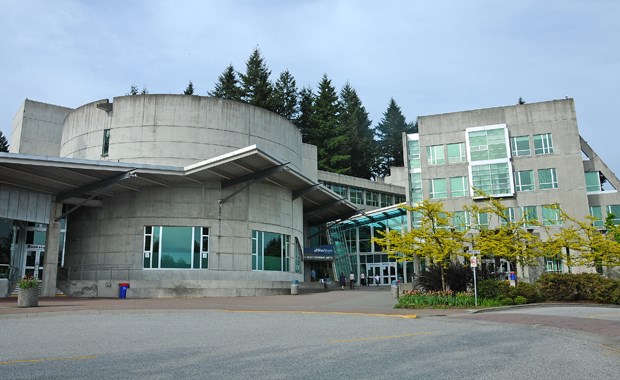After an acrimonious first half of 2015, there is once again labour peace at Capilano University.
The Canadian Office and Professional Employees Union local 378, which represents the school’s non-faculty staff members, ratified an agreement late last week bringing to end six weeks of job action.
Negotiations between COPE and the university broke down shortly after the administration struck a deal with the Capilano Faculty Association, which gave strike notice in March and walked off the job shortly before final exams.
The COPE and Cap negotiators reached a tentative deal late in the evening at the last of their scheduled mediation sessions on July 8.
“I think there was some give on both sides. I think there was some understanding that there was only so much we were able to do as an institution. Honestly, I think we just came together in the middle to do what was best for our students,” said Rick Gale, Capilano’s academic vice-president.
The new contract, which lasts until 2019, includes a 5.5-per-cent pay increase over five years — the same as other public sector employees under a provincial mandate.
At issue, however, was pharamacare for the non-faculty members. The university had been pushing concessions that, if included in the contract, would have changed working conditions to the point COPE members would have to question whether the job was worthwhile, said Sage Aaron, COPE 378’s communications director.
“I can’t emphasize this enough. This was one of the biggest problems for our members,” Aaron said.
The pharmaceutical benefits are now better than what most post-secondary staffers in B.C. get, Aaron said.
Aaron, credited the union’s members with ending the labour dispute.
“It was our members’ solidarity and their creative and strategic job action that really did help us get the deal,” she said.
Key to that was choosing job action that would impact the employer, but not students, Aaron said — banning overtime and working from home and the removal of non-essential service IT, as well as one afternoon of picketing during a student recruitment event on campus.
Ratifying the deal means the tense relationship between both unions and the administration is now returning to normal, which should allow the school to move forward, Gale said.
“It’s been a long time but I am now very, very happy that now have three years to sit back and get some work done,” he said. “We have a lot of work to do…We’re building new programs. We’re adding to courses to programs that are oversubscribed. We have a lot of work to do as a result of the academic and strategic plan,” he said.



